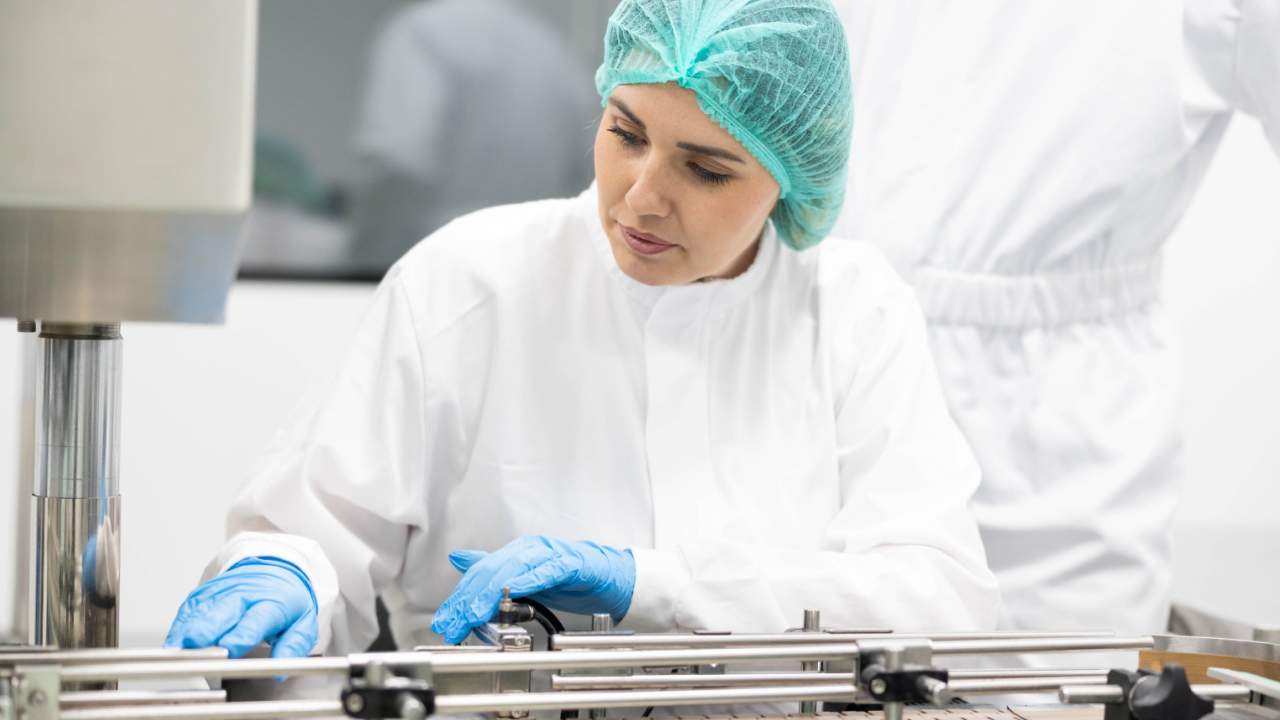Medical technology company Ava say their fertility tracking bracelet of the same name could eventually be used to detect pregnancy as well, according to results from a recent clinical trial. The study investigators published these findings in the September issue of the journal, Fertility and Sterility.
When worn during the night, Ava measures multiple physiological parameters – including resting pulse rate, skin temperature and breathing rate – all of which are used to predict the most fertile days in a woman’s menstrual cycle. Previous clinical trials of the device have shown that it is 89 percent accurate at detecting an average 5.3 fertile days per month.
The most recent clinical trial, which was conducted in collaboration with researchers at the University Hospital of Zurich, found that the Ava bracelet was able to detect the physiological changes which occur during early pregnancy. While Ava is not yet approved for this purpose, it has been registered as a medical device with the FDA, and is CE certified in Europe.
“Our findings could pave the way for the continuous assessment of the occurrence of pregnancy without any effort from the user and consequently add an innovative option for early pregnancy detection,” said Peter Stein, Ava Co-Founder and Vice President of Research & Development.
The Ava bracelet was originally launched in July of 2016, and its fertility-tracking function has reportedly helped over 1,000 women conceive since then. While the medical device shows promise as an early detector of pregnancy, it’s unclear whether it will replace traditional pregnancy test sticks.
“We’re excited about this research because it fits in with our long-term vision, which has always been for Ava to become lasting companion for women, giving them data-driven and scientifically proven insights along all stages of their reproductive lives,” said Ava Co-Founder Lea von Bidder. “This is another step in that direction.”











Join or login to leave a comment
JOIN LOGIN